8:00 a.m -6:00 p.m
-
-
-
RMZ Ecoworld, Bellandur, Outer Ring Road
8:00 a.m -6:00 p.m
RMZ Ecoworld, Bellandur, Outer Ring Road
This is your trusted resource for learning more about period health, uterine health conditions, and more.
The information and tools provided on this site were developed by experts and patient advocacy organizations.
These tools will help educate and encourage you to take charge of your health.
Taking care of your uterus starts with “u.”
Learn About Your Period Health

Let’s make sure we’re all on the same page - what exactly is a period?
A period, also known as menstruation, is the normal monthly bleeding from a woman’s vagina.1 A period occurs when the inner layer of the uterus sheds; if there is no pregnancy, this typically happens every month or so in female bodies.2
Not every period is the same.1 Below are things you should pay attention to when monitoring your period health.3


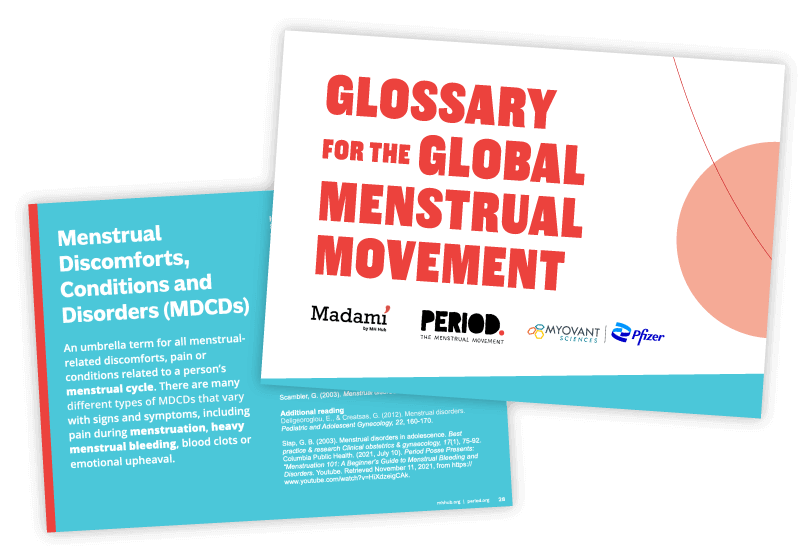
How we speak about our period matters. Choosing the right words can help to fight period stigma and change behavior. This glossary, created by PERIOD. and Madamí, with support from Myovant Sciences and Pfizer, can help you find the right words to describe your period.
See the full glossary from PERIOD.
There’s a lot of misunderstanding about what is a “normal” period. Period stigma, or taboo, from society can make it difficult to talk about your period and understand if you might need help.4 It is important to be able recognize signs of a problem and talk openly about your period without feeling embarrassed.
Below are common things that women might think about their menstrual health.

Many women who experience heavy bleeding become so used to it that their struggles seem normal to them.6 While some discomfort during your period is normal, severe pain and heavy bleeding on a consistent basis is not.
If you find that your period pain is impacting your daily life or preventing you from doing the things you enjoy, it’s time to talk to your healthcare provider.

More than 3 out of 5 people (>60%) believe that period stigma, or taboo, exists in society.4 Because people don’t talk about periods often, many women aren’t even aware of uterine health conditions, or that they might be at risk.6 This makes it difficult to recognize abnormal bleeding.
Your discomfort should not be dismissed; you deserve to know what’s really happening with your body and what might be causing it.

About 1 in 5 women (20%) feel uncomfortable talking to their healthcare provider about their period.4 Some people may feel like they’re making a big deal out of nothing.6
Know that your concerns are valid, and you don’t have to deal with period problems on your own. If you feel unheard, feel empowered to seek out a healthcare provider who is ready to listen and help. It’s time to talk about uterine health and be honest about your experience.
Flag Your Uterine Health Conditions

Periods can be troublesome overall so it may be hard to know when to raise a concern with your healthcare provider. Below are some common period problems for you to consider.1 If you're experiencing any of these problems on a regular basis, or if you're not sure whether what you're experiencing is a problem, talk to your healthcare provider about it.

*On average, a woman loses about two to three tablespoons of blood during her period and changes a pad/tampon every few hours.5 †Pain commonly occurs with periods and is difficult to measure. Some women may feel heaviness in the abdomen, while other women may experience severe cramps.1 ‡Irregular typically means less than 24 days or more than 38 days from the first day of your last period up to the start of your next period.1 §A negative life impact occurs if your period makes it hard to do daily activities, such as going to work or school.1
When your flow is too heavy to be easily managed, it is called heavy menstrual bleeding. Heavy menstrual bleeding may be a red flag for a more serious condition.2
The truth is, periods are often uncomfortable; most women report experiencing some pain during menstruation. While menstrual pain, also called dysmenorrhea, in some form is common, severe menstrual pain should be evaluated.7,8
Resource Library
Wherever you are in your uterine health journey, we have resources that can help.
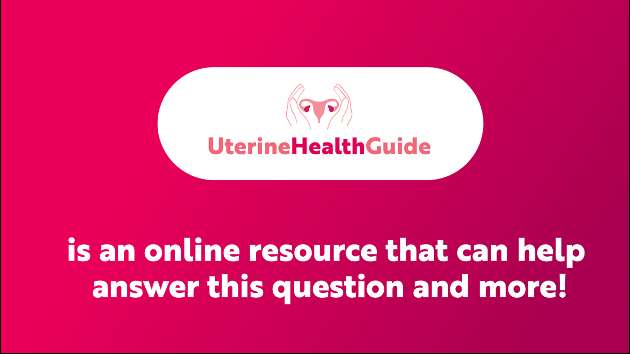
Watch a quick video to learn about all of the ways this website can help you navigate your journey.

Understand what endometriosis is, what symptoms to look out for, and when to reach out to your healthcare provider.
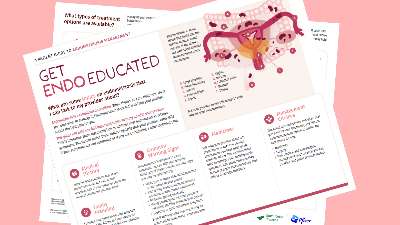
Click here to view a patient guide on endometriosis including options to help manage symptoms.
If you’ve been diagnosed with uterine fibroids or endometriosis, or are concerned about symptoms you’re having, you probably have a lot of questions. We know that talking to your healthcare provider about this can be intimidating and you may not know how to start the conversation. Fortunately, there are resources to help you prepare.
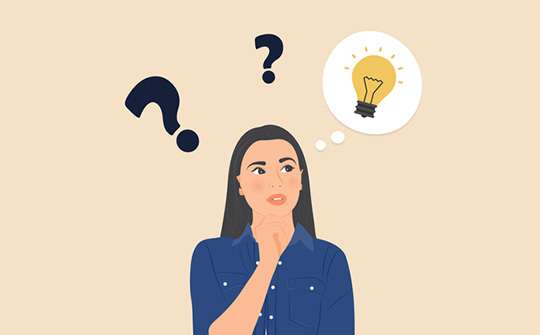
Patient advocacy organizations have created resources to help you navigate conversations with your healthcare provider.
The Fibroid Foundation can help you start the discussion with your healthcare provider about your uterine fibroids diagnosis.
Explore The Fibroid Foundation Resource.
Endo Black, Inc. have compiled information to help with decision making when considering endometriosis management options.
Explore the Endo Black, Inc. resource.
HealthyWomen and The White Dress Project have combined forces to develop an informative resource to help you speak about uterine fibroids with your healthcare provider.
Explore HealthyWomen and The White Dress Project Resource.
The Endometriosis Foundation of America has information on choosing an endometriosis specialist, questions to ask about treatment, and how to prepare for an appointment.
Explore the Endometriosis Foundation resource.
Find out more about periods and uterine health from patient advocacy organizations.
Patient advocacy organizations in this space have created resources to educate the public about periods and support women and menstruators. Learn about what these organizations are doing to bring uterine health conditions to light.

Community support can be an important part of understanding and managing health experiences. You are not alone. Patient advocacy organizations are organizations that provide education and support for people with medical conditions and their loved ones. Below, please find more information on some organizations that might be helpful to you in your own lived experience. These resources are provided as a courtesy to patients. The links will take you to websites that are not owned or operated by Pfizer, Myovant Sciences, or their subsidiaries. Pfizer and Myovant Sciences do not control, endorse, or guarantee the content of third-party websites.

APIAHF influences policy, mobilizes communities, and strengthens programs and organizations to improve the health of Asian Americans, Native Hawaiians, and Pacific Islanders.
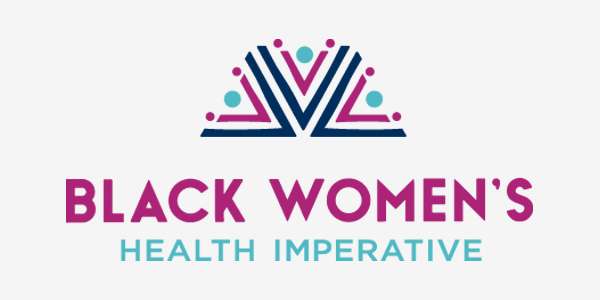
To lead the effort to solve the most pressing health issues that affect Black women and girls in the U.S. Through investments in evidence-based strategies, we deliver bold new programs and advocate health-promoting policies.
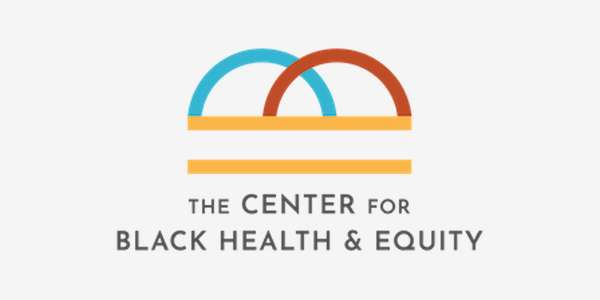
The Center for Black Health & Equity facilitates programs and services that promote health equity for people of African descent.
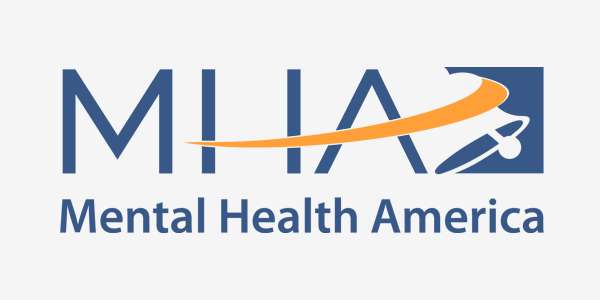
Mental Health America advances the mental health and well-being of all people living in the U.S. through public education, research, advocacy and public policy, and direct service.

The mission of Día de la Mujer Latina is to promote healthy behaviors within the underserved Latino community by providing a culturally and linguistically proficient education, facilitating early detection screening, culturally preventative care interventions.
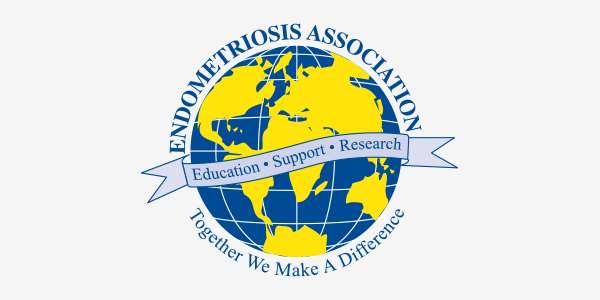
The Endometriosis Association, an international nonprofit organization with members worldwide, focuses on three equally important areas of emphasis: First, we provide support to girls and women suffering from endometriosis
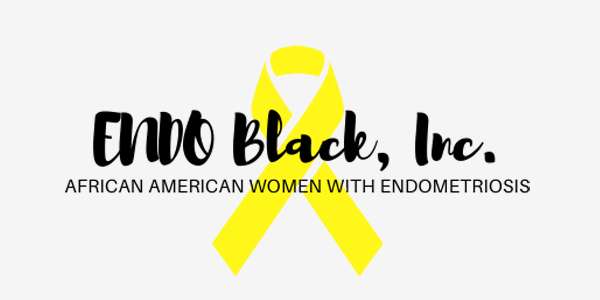
Endo Black, Inc. is a black-women led organization advocating for African American women and women of color living with endometriosis.
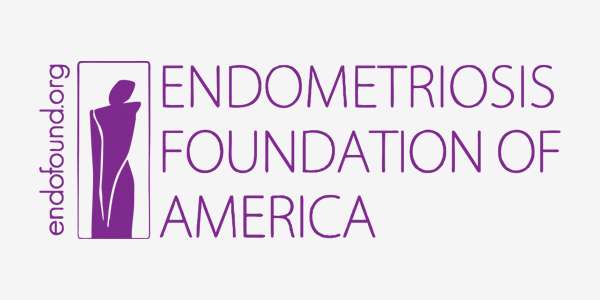
The Endometriosis Foundation of America (EndoFound) strives to increase disease recognition, provide advocacy, facilitate expert surgical training, and fund landmark endometriosis research.

The Fibroid Foundation is the premier fibroids nonprofit, supporting and amplifying the voice of those with uterine fibroids. As a strong, supportive, and empowered community.

The Grange strengthens individuals, families, and communities through grassroots action, service, education, advocacy, and agriculture awareness.
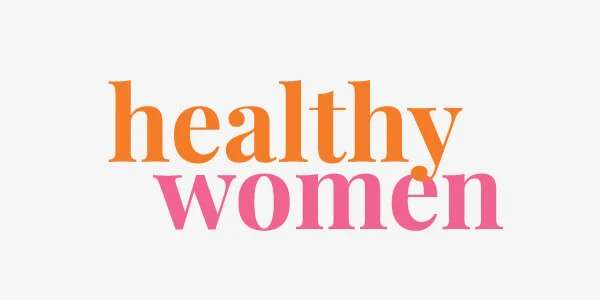
HealthyWomen is on a mission to educate women ages 35 to 64 to make informed health decisions and to advocate for themselves in a healthcare setting.
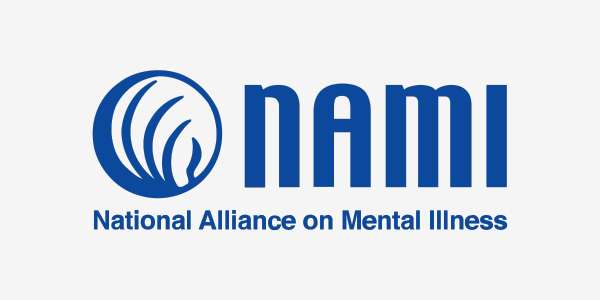
The mission of the National Alliance on Mental Illness (NAMI) is to provide advocacy, education, support, and public awareness so that all individuals and families affected by mental illness can build better lives.

To decrease uterine care and menstrual health disparities in underserved communities through the eradication of societal stigmas and propagation of resources and scientifically based information.
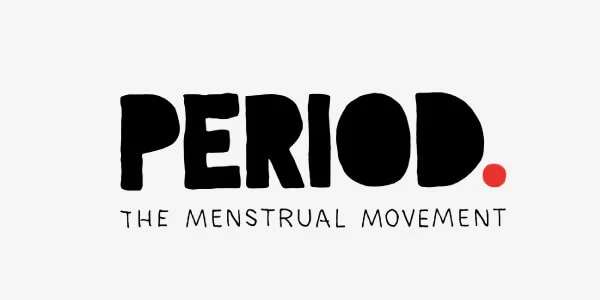
PERIOD. is a global youth-fueled nonprofit that strives to eradicate period poverty and stigma through service, education, and advocacy. PERIOD.
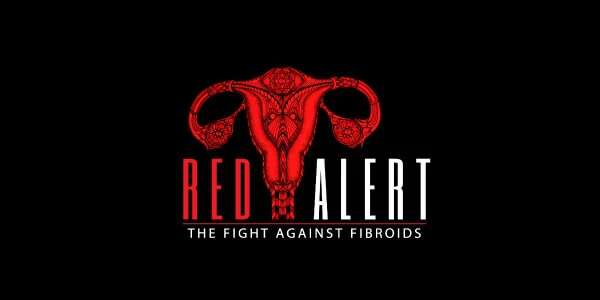
Our mission through the Red Alert brand is to build awareness and compassion for the women who are suffering from uterine fibroids and related reproductive diseases by presenting thoughtful film production and health advocacy.
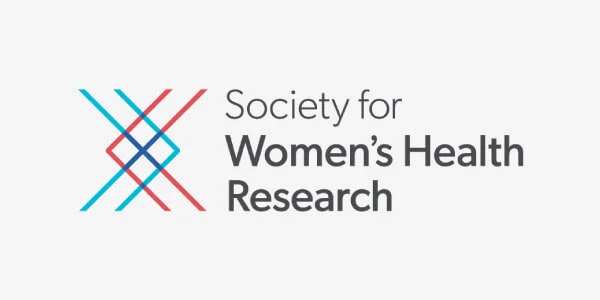
The Society for Women’s Health Research (SWHR) is a national nonprofit and thought leader dedicated to promoting research on biological sex differences in disease and improving women’s health.

The mission of The White Dress Project (TWDP) is to raise global awareness about the uterine fibroid (UF) epidemic through education, research, community, and advocacy..

The mission of the American Academy of Family Physicians (AAFP) is simple: Strengthen family physicians and the communities they care for. Built on decades of proven representation, leadership, and advocacy, we support our members.

The mission of the American Academy of Physician Associates (AAPA) is to lead the profession and empower our members to advance their careers and enhance patient health.
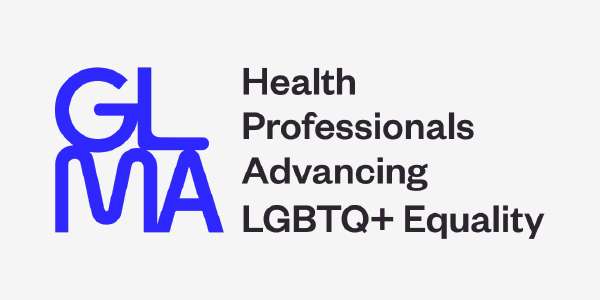
GLMA is a national organization committed to ensuring health equity for lesbian, gay, bisexual, transgender, and queer (LGBTQ+) communities and equality for LGBTQ+ health professionals in their work and learning environments.
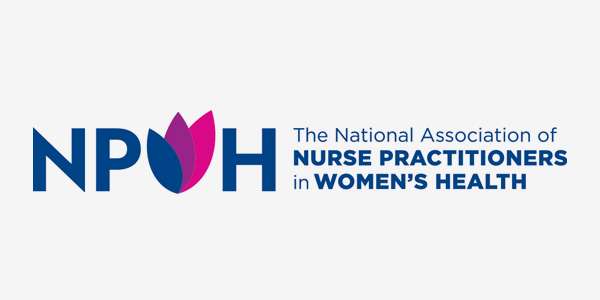
NPWH is the professional community for Women's Health Nurse Practitioners and other advanced practice registered nurses who provide women's and gender-related healthcare.